Death in Beijing: Murder and Forensic Science in Republican China
In this innovative and engaging history of homicide investigation in Republican Beijing, Daniel Asen explores the transformation of ideas about death in China in the first half of the twentieth century. In this period, those who died violently or under suspicious circumstances constituted a particularly important population of the dead, subject to new claims by police, legal and medical professionals, and a newspaper industry intent on covering urban fatality in sensational detail. Asen examines the process through which imperial China's old tradition of forensic science came to serve the needs of a changing state and society under these dramatically new circumstances. This is a story of the unexpected outcomes and contingencies of modernity, presenting new perspectives on China's transition from empire to modern nation state, competing visions of science and expertise, and the ways in which the meanings of death and dead bodies changed amid China's modern transformation.
{{comment.content}}
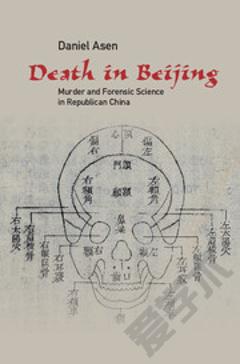
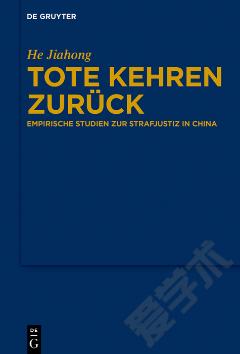
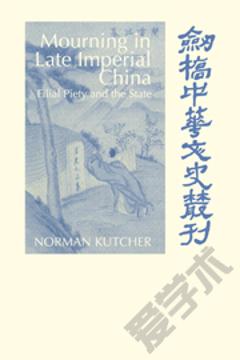
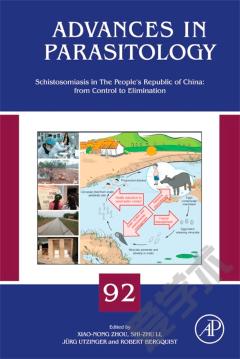
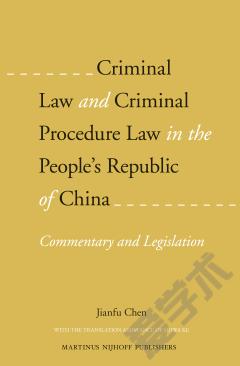
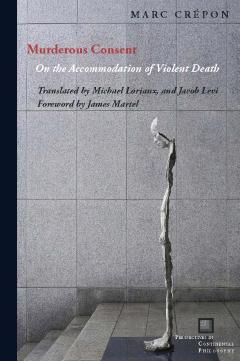
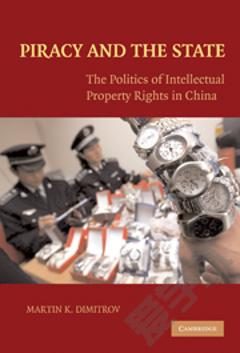

 京公网安备 11010802027623号
京公网安备 11010802027623号